This nomadic life did not last long, as the local Governor of the province ordered the stop of the theatre performances. During that time of compulsory vacation the young singer learnt his first song, it was "Der Leiermann" (The organ grinder) by Schubert. It happened that the mood and the fate of the song's hero was in tune with young Kipnis' own life and feelings. His next stop was a town called Rovno in the same province of Volynia. With his one and only song "Der Leiermann" he auditioned and was accepted as soloist and member of the choir of the local synagogue. There he stayed for two years and these were years pleasant enough, with sufficient food as a very important point. But then the cantor, his boss, decided to move to the Polish town of Siedlce and Kipnis went with him. Some time later however he left for Warsaw in order to start his serious studies in music and singing. To maintain himself and to pay for the lessons, he sang in a synagogue as well as in a Jewish theatre. The time approach-ed now for military service in the Russian army. The young Jewish boy did not feel any attachment to a state that gave him so little, so he took the first opportunity to leave for Berlin. Here again the same pattern of life ensued: singing in the large synagogue in the Fasanen-strasse (West Berlin, Charlottenburg) and besides in German operetta theatres, just in order to maintain himself and to pay for his lessons. When it became necessary to buy a new suit to replace the old worn-out one, he even sang at funerals.
In the beginning of his Berlin stay Kipnis studied with an Italian voice teacher, later with a German one. The voice began to develop in power and brilliance and he saw his path cut out in opera and concert. Verdi, Wagner, Mozart, Richard Strauss, Weber, Beethoven with their operatic works as well as Schubert, Schumann, Brahms and Wolf with their Lieder were the young singer's constant inspiration, he lived and dreamed music.
All this was suddenly broken up by the start of the first world war in 1914. Kipnis was then just twenty-three years of age. He was forbidden to sing either in the theatre or in the synagogue and classified as an enemy alien since he had still his Russian passport. But with good luck he was recommended by a theatrical agent to the director of the Hamburg opera house where he stayed for two fruitful years building up his repertory and learning also to act. From Hamburg his way led to the then Hofoper of Wiesbaden, where he remained for three years, appearing in many parts and also building up his repertory of Lieder.
In 1919 Kipnis joined the Deutsche Opernhaus in Berlin-Charlottenburg and stayed there for eleven years, until 1930. In 1925 when Bruno Walter was appointed musical director of the opera housc, it changed its name into Städtische Oper Berlin and competed very successfully with the State Opera (unter den Linden and later also Kroll Oper).
It was in Berlin at the Städtische Oper that I heard Kipnis, then already recognised as a singer of the front line and by chance it was the same performance of "Boheme' which was also my first sight of Maria Ivogün on the opera stage. She was Mimi and Kipnis was Colline and subsequently I heard Kipnis in all his bass roles, as Daland (with Schipper and Bettendorf), as Cardinal in "The Jewess" with Enderlein and Dusolina Giannini, as Ramphis (with Grete Stückgold. C. M. Oehman, Wilhelm Rode). In the first great Bruno Walter premiere, "Fidelio", Kipnis was the minister Don Fernando amidst a star-studded cast which included Helene Wildbrunn, Karl Aagard Oeslvig, Lotte Schoene, Paul Bender and Wilhelm Rode. With Grete Stückgold and Josef Burgwinkel he sang Mephisto in Gounod's "Faust"; in "Tristan und Isolde" with Wildbrunn, Onegin, Enderlein, Rode, his King Marke was outstanding in legato singing and acting. Among his new parts was the small one of the doctor in Pfitzner's seldom played opera "Der arme Heinrich" which Walter, as friend of Pfitzner tried (1927) to transplant to Berlin with a great cast consisting of Lotte Schoene, Wildbrunn, Rode, Oestvig. Another attempt to make the Berlin opera fans fond of Korngold's "Das Wunder der Heliane" also misfired, despite a cast of Grete Stückgold, Fidesser, Emil Schipper and Kipnis as the Doorkeeper (Pförtner) (1928). In the same year Kipnis was heard in much more substantial parts, as Sarastro in the "Magie Flute" with Karl Erb and Käthe Heidersbach and as Hagen in "Götterdämmerung" with Nanny Larsen-Todsen, Sigrid Onegin and Enderlein. While the public did not take kindly to "L'amore dei tre re" by Monternezzi (1928) the old king of Kipnis became one of his finest parts (with Riavez, Julien, Fischer).
The new season 1928-9 presented us Kipnis in what I think was his most memorable part—King Philipp in "Don Carlos". Though the opera, conducted by G. Sebastian, lacked a Posa and an Elizabeth of the front rank, there was Sigrid Onegin as a marvellous Princess Eboli, there was C. M. Oehman as Carlos in his prime, and in the duet between King and Grand Inquisitor we heard Kipnis and Ludwig Hofmann in this scene full of dramatic impact. I shall never forget the great aria of the sad old king "Ella giammai m'amo" as sung by Kipnis, he was then only thirty seven years of age, but he played and acted by singing the tragedy of the betrayed old man as none has equalled him since. I attended as many performances of this opera as possible, Berlin Opera fans rushed to hear again and again Kipnis, Onegin and Oehman, the three pillars of this "Don Carlos".
During the first Berlin Festival of June 1929 when Toscanini came over with the stars of La Scala, there was a gala performance of "Tristan und Isolde" conducted for the first time by Wilhelm Furtwängler who then made his return to opera conducting after having limited himself for seven years to musical direction of the Berlin Philharmonic Orchestra. His cast was an extraordinary one, Melchior, Frida Leider, Sigrid Onegin, Friedrich Schorr and Kipnis again as King Marke. It was a night to remember.
Thanks to the co-ordination of the three Berlin opera houses under Heinz Tietjen (Bruno Walter had by then left Berlin) Kipnis could now be heard also in the Staatsoper. So he appeared in the "Schauspielhaus"—not in the Staatsoper, considered too large for this Mozart opera—as Figaro in a new performance conducted also by Furtwangler who had regained his old love for opera .This happened also in June 1929, the same week as the "Tristan" mentioned above. The singers were, apart from Kipnis, Lotte Schoene and Margret Pfahl from the Städtische Oper as well as Hans Reinmar, while Nelly Merz had to be invited as Countess.
The new season 1929-30 found Kipnis firmly established at the Staatsoper Unter den Linden, but he continued to sing also in Charlottenburg. So there was at the former opera house an excellent "Zauberflöte" conducled by Leo Blech with Roswaenge, Fr. Schorr, W. Domgraf-Fassbänder, Gitta Alpar, Käthe Heidersbach and with Kipnis as benevolent Sarastro. In April 1930 however there was a new "Don Giovanni" under the musical direction of Furtwängler in the Städtische Oper with a cast hard to equal: Reinmar, L. Hofmann, Rose Pauly, Käthe Heidersbach, Maria Ivogün, Fidesser and the Leporello of Kipnis. This became a Standard cast with only Marcel Wittrisch sometimes taking the part of Don Ottavio. This was Mozart singing at the finest, and old Berlin opera lovers remember gratefully those performances.
From 1930 onwards the appearances of Kipnis in Berlin became rarer owing to his commitments in America. There was a lonely "Nozze di Figaro" conducted by Kleiber (June 1930) with the lovely voices of Delia Reinhard and Maria Ivogün as Countess and Susanna, Gitta Alpar and Janssen while Kipnis presented his well beloved Figaro. Maybe I should mention one fact: Kipnis as I remember him was one of those rare singers from whom you get always a first class performance, his singing and acting always justified his high reputation, you felt yourself secure when listening to his voice. Despite the hardness of his youth of which I have told in the beginning, he was fortunate in being given excellent health, a gift so urgently required by singers who are moving between the capitals of the world.
When the Nazi party conquered the German republic and Jewish artists were evicted from their employments, the two Jewish bass singers of front rank in the Berlin Staatsoper were asked to stay—not out of human kindness but simply owing to the fact that the Nazis had nobody to take the place of Kipnis and Emanuel List. They continued to sing until 1935, while Friedrich Schorr with his feeling for the coming political events had left Berlin before the ascent of Hitler. The last great pre-Nazi premiere was the "Meistersinger" in October 1932 with one of the finest casts ever assembjed for this work: Furtwängler conducted, Bockelmann was Sachs, Kipnis Pogner and Lotte Lehmann came over from Vienna to sing Eva. Janssen, Fritz Wolff and Gustav Schützendorf were heard in other important parts. The sound of Kipnis' great speech in the first Act "Das schöne Fest, Johannistag" is still in my ears—after more than forty years. This was one of the last sunset premieres of grandeur prior to 1933.
In the Staatsoper work continued as if nothing had happened. Leo Blech continued to conduct, with more than usual applause of the listeners who thought they could thus express their anti-Nazi feelings. Blech conducted also his famous "Aida" with Giannini, M. Klose, Roswaenge, Bockelmann and Kipnis as Ramphis (October 1933). Furtwängler took Charge of the Wagner repertoire and was the conductor of "Walküre" with Max Lorenz, Bockelmann, Viorica Ursuleac, Frida Leider, M. Klose and Kipnis as Hunding (November, 1933). Kipnis was also taking part in two new premieres, the one being "Wilhelm Tell" with Robert Heger conducting, taking the part of Walter Fürst, while Bohnen as Gessler. Bockelmann as Teil, Roswaenge and Heidersbach excelled in the main parts. The next year (March. 1934) brought a new "Freischütz" with Furtwängler in the pit and Bohnens Kaspar, Wittrisch, Maria Müller Erna Berger, Grossmann and Janssen while Kipnis appeared at the end of the opera as the pious Eremite who finds the solution for poor Max and Agathe. Kipnis was in wonderful voice.
My last Berlin opera with Kipnis taking part was "La Forza del Destino" when Blech conducted and Roswaenge, Schlusnus, Viorica Ursuleac were the stars together with Kipnis' dignified Padre Guardian. This was one of the finest parts in the repertory of Kipnis, here he could display the rare art of singing legato, and the scene with Leonora di Vargas remains one of the high points in operatic singing.
I admit I have given in this short biography of Kipnis prominent place to his Berlin activities, not only because I as a listener can tell the story from my own experience, but also because the singer himself considered Berlin his residence and base for twenty years and more.
In 1923 Alexander Kipnis went with the German Opera Company to the United States. After the first performance of "Meistersinger" in New York (Manhattan Opera) which was attended by Mary Garden and Sam Insull, he was at once engaged for the Chicago Civic Opera where he appeared for nine seasons (1923-1932) singing the larger part of his repertory in German, Italian, French and English. In between there were guest artist commitments at Covent Garden 1927 (Marcel-Ugonotti), 1929 (Meistersinger), 1933 (Parsifal and Rosenkavalier, the latter with Lotte Lehmann, Adele Kern and Eva Hadrabova). In the Covent Garden season of 1934 Kipnis appeared with Lehmann, Heidersbach, Maria Müller as the three "Eva"s (Cond. Beecham) and in Walküre as Hunding with Leider and Lehmann. In 1935 the Covent Garden engagement included King Henry in "Lohengrin" with Melchior, Elisabeth Ohms, Lotte Lehmann or Elisabeth Rethberg (cond. Beecham), "Tristan und Isolde" (Cond. Furtwängler) with Leider, Kalter, Melchior and Janssen in the other parts and lastly "Prince Igor" (Konschak) with Rethberg, Kullman, Janssen, Branzell (Cond. Beecham).
In the Bayreuth Festival Kipnis appeared in 1930 as Landgraf in "Tannhäuser" with Maria Müller, Pilinsky, Hüsch and Janssen (Cond. Toscanini) and as King Marke in "Tristan" with Melchior, Larsen-Todsen, Bockelmann and Anny Helm (Cond. Toscanini). Previously there had been in 1927 his Gurnemanz in "Parsifal" (conducted by veteran Muck) alternating with Ivar Andresen and in 1930 he repeated the role. The end came of course in 1933: he sang once again Gurnemanz and Titurel with Richard Strauss conducting and repeated his Pognor to the Sachs of Bockelmann and Prohaska and the Eva of Maria Müller and Käthe Heidersbach.
After cessation of his artistic activities in Germany Kipnis became a member of the Vienna Opera for the next three years, i.e. until the "Anschluss" in 1938. In 1937 he was one of the glorious quartet of singers Toscanini had assembled for the Verdi Requiem (August 14): Zinka Milanov, Kerstin Thorborg, Helge Roswaenge and Kipnis. Under the direction of Toscanini he sang at the same Festival Rocco in "Fidelio" with Lotte Lehmann, Roswaenge and Jerger and also Sarastro in "Magic Flute".
He was also engaged at the Glyndebourne Festival for the 1936 season, singing eight performances as Sarastro, the first on June 30th with Thorkild Noval as Tamino, Aulikki Rautawaara, Noel Eadie, Lili Heinemann, Roy Henderson and Paul Schwarz in the other lead-ing parts. Hans Oppenheim conducted the first performances, Fritz Busch the remainder.
Spike Hughes in his "Glyndebourne" adds an unexpected bit of operatic history in that in 1939 part of the Glyndebourne Company went to the Monnaie in Brüssels for two performances each of Nozze and Don Giovanni. En route some members stopped off at Antwerp for a Mozart Festival there and appeared in single performances of these operas, where they were joined by Kipnis, not then a member of the troupe, as Figaro and the unlikely part of Don Giovanni. The tenor engaged was Luigi Fort and the performances were conducted by Eugen Szenkar.
Guest appearances at the Scala of Milan, the Grand Opera of Paris—debut 20 May, 1930 as King Marke, the same season sang Mephistopheles and Hunding, Gurnemanz in 1933 and Pogner in 1934—concert tours to Australia and New Zealand preceded his engagement at the Metropolitan Opera in New York until the year 1946, when he decided to cease his operatic career and to devote his time to teaching and concertising.
So far we have spoken only of the operatic artist. Now I should like to say a few words about Alexander Kipnis the Lieder singer. In Berlin Kipnis appeared regularly once in every year in recital. His accompanists were eilher Arpad Sandor or Dr. V. Ernst Wolff. The recitals always took place in the Beethoven-Saal, at the same house of the Philharmonie.
He used to open his Programme with some arias by Handel (Berenice, Ariodante) or Haydn (Teilung der Welt), but devoted the main part of the programme to the Lied by Schubert, Wolf, Schumann ("Mondnacht" sung in his beautiful legato was always one of the peaks) and after the interval he was in the habit of continuing with Russian Folk Songs which invariably aroused the enthusiasm of the audience, sometimes also some art songs by Gretchaninoff, a great fayourite of his, while the culmination of the recital were the great arias from "Boris Godunov"—while in Berlin he never sang the role in the theatre, still being too young or feeling himself too young, while in U.S.A. he became famous just for this part—"Simone Boccanegra", "I Vespri Siciliani" and of course the great aria of King Philipp from "Don Carlos".
Kipnis knew how to conquer the public as well as the critics and yet he always remained nobility and dignity itself on the concert platform. The critics of the Berlin press admired him and looking through the old cuttings I have preservcd in my collection I find the expression of the highest appreciation. "Whatever he is singing, it gains new life by his singing. This pianissimo, this languishing mezzavoce, then again the ferocious accents of dramatic eruption, who is able to equal him nowadays? There are some songs, like "Moonlight" or "Secret" (Strauss) where the highest grade of singing is achieved (H. H. Stuckenschmidt).
Often Kipnis was invited by the most famous conductors to appear as soloist in the great choral works requiring soloists. I remember one of the finest performances of the Verdi "Requiem" conducted by Bruno Walter when the quartet of soloists consisted of Lotte Leonard (now living in Israel), Sigrid Onegin, José Riavez and Kipnis.
With the ascension to power by the Nazi party and the ejection of Jewish musicians from the opera stages and concert halls of the Reich, the Jewish community in Berlin and in some other big cities of Germany succeeded in developing their own artistic cultural life— theatre and music—within the framework of the "Kulturbund deutscher Juden". Kipnis was still a member of the Staatsoper Berlin but he at once accepted the invitation to appear in a recital before an audience composed exclusively of his fellow-Jews. His programme started with Mozart's Leporello and Sarastro’s arias, continued with Mendelssohn, Schumann, Wolf and ended with the Russian folk songs, the Boris Monologue and the Don Carlos aria. The large hall of the "Berliner Theater" (this had been leased to the Kulturbund for their artistic manifestations) was overflowing, the success of the concert was without precedent, Kipnis gave his fellow sufferers by his singing beauty and confidence.
He appeared once again as soloist in the title part of the Mendelssohn oratorio "Elijah" as given in the same year, 1934, by the Jewish Kulturbund in the large synagogue in the Oranienburgcr Strasse. Looking back it seems to me that this oratorio at that very moment in the suppression and humiliation of the Jewish people had its special significance. Alexander Kipnis' understood the command of the hour and identified himself with his people when he sang the great arias of Elijah "Lord God of Abraham" and "It is enough", his voice and his nobility of singing gave us the consolation we were so much in need of. It was more than an artistic feature, it was a human confession that remains unforgotten.
The following winter Kipnis was heard in a concert tour in Britain. Of the Wigmore Hall recital on Nov. 26, 1935 in the "Morning Post" F.T. wrote "Kipnis's fine bass yoice is familiär to us at Covent Garden and needs no praise at this time of day for its quality or its strength. But singing in a concert hall is a very different matter . . . effects must be more delicate, more subtle. Kipnis was, however, equally successful. Above all, his variety was astonishing. Schubert . . . Brahms . . . Wolf . . . and Chaliapin himself could not have sung the Russian songs better". Ernest Newman in the "Sunday Times": "One of the most significant features of Kipnis's recital on Tuesday was the number of musicians in the audience. For a bass of his depth and general power Kipnis has an astonishing range of tone and variety of colour; and the concert room is an even better testimony to these than the opera house". Neville Cardus in the "Manchester Guardian": "Kipnis's voice, which mixes the rich sonorities of the pure bass with the more flexible colour of the baritone. His soft singing is lovely for its own sake. He is at his best in Hugo Wolf—and to say that much is to make a rare compliment to him ... he is a nobly beautiful singer". On Nov. 30th he was with the Scottish Orchestra in Glasgow and that city's "Evening News" reported: “He gave us a memorable performance of Hans Sachs' Monologue "Wahn! Wahn!” from the Mastersingers. Kipnis was right in his interpretation, psychologically and vocally . . . His singing of Lieder is the complete musical joy that only Lieder can give, when sung by a great artist". And with the same orchestra in Edinburgh on Dec. 2nd. the "Evening News" said "He gave masterly renderings of two great operatic scenes—"The Death of Boris" and "Wotan's Farewell and Fire-Spell" from Wagner's "Valkyrie". The first excerpt sung in his native tongue revealed Kipnis as an extra-ordinary operatic artist . . . Nothing more noble could be imagined than the beautiful sonority and great power with which Kipnis delivered the grand operatic rhetoric of Wagner's closing scene from "Valkyrie"."
Here I shall end my story, the artistic career of Alexander Kipnis lasted many years after he had left Europe for good in 1936. He remained a member of the Metropolitan Opera until 1946 and then began his teaching career. About this American period, the years in Chicago and New York as well as about his appearances in South America my learned friend Professor Eduarde Arnosi of Buenos Ayres will continue the story.













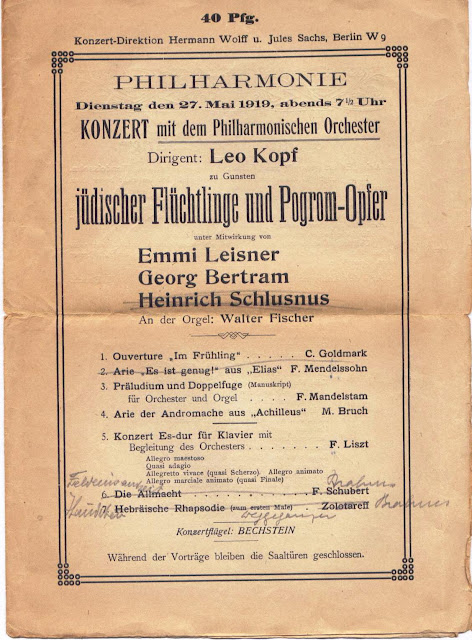

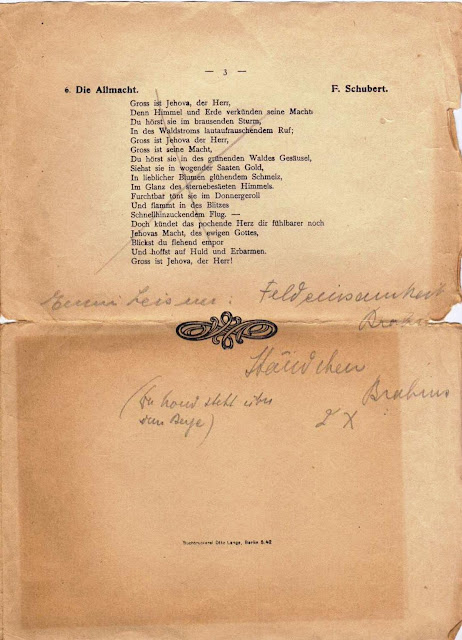
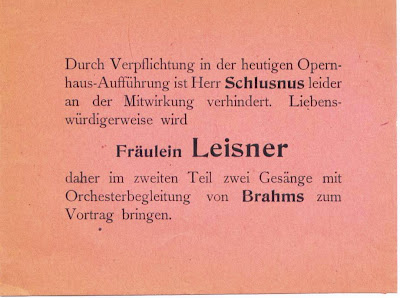







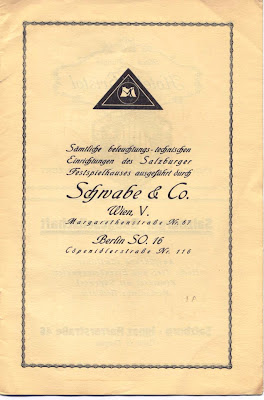

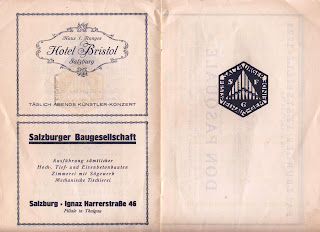


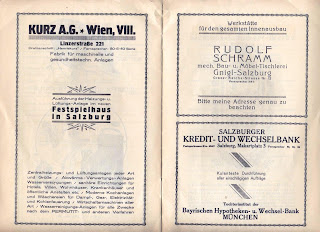
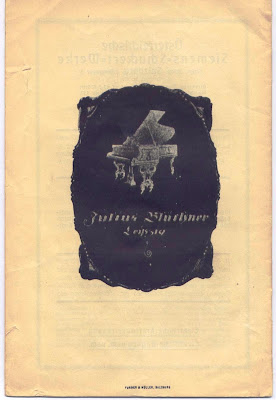


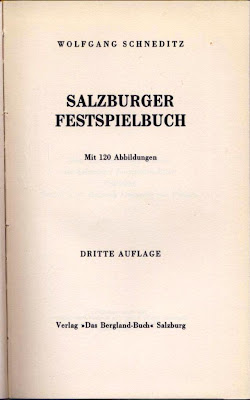



.jpg)
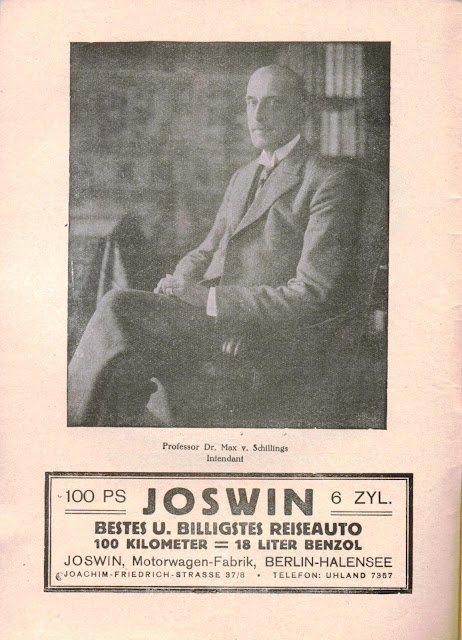.jpg)
.jpg)
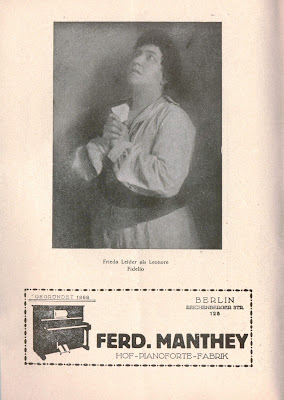.jpg)
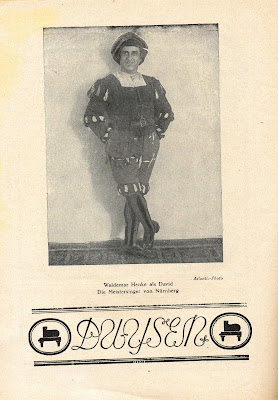.jpg)
.jpg)
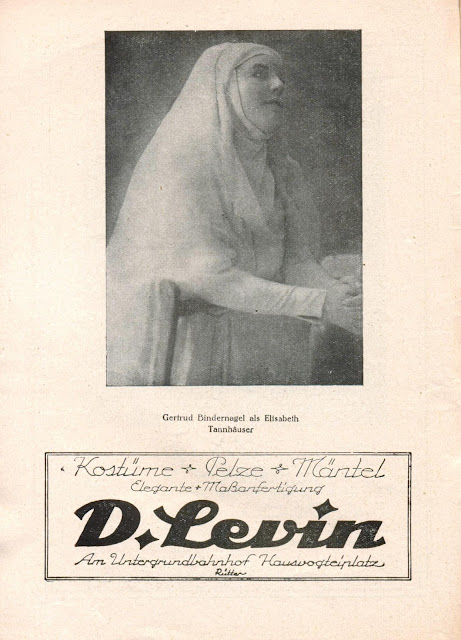.jpg)
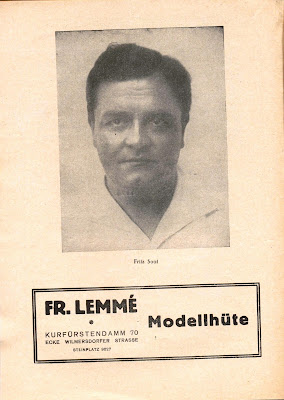.jpg)
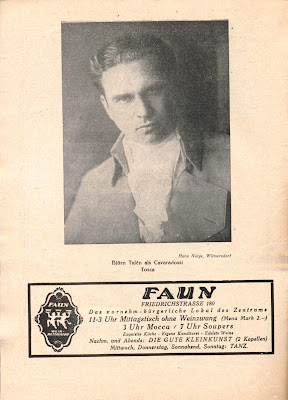.jpg)
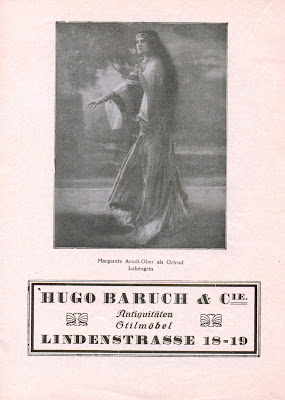.jpg)
.jpg)
.jpg)

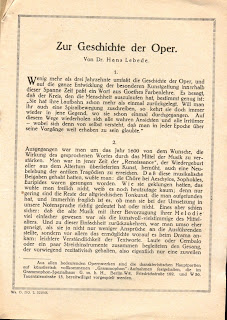.jpg)
.jpg)
.jpg)
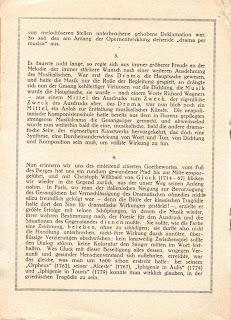.jpg)
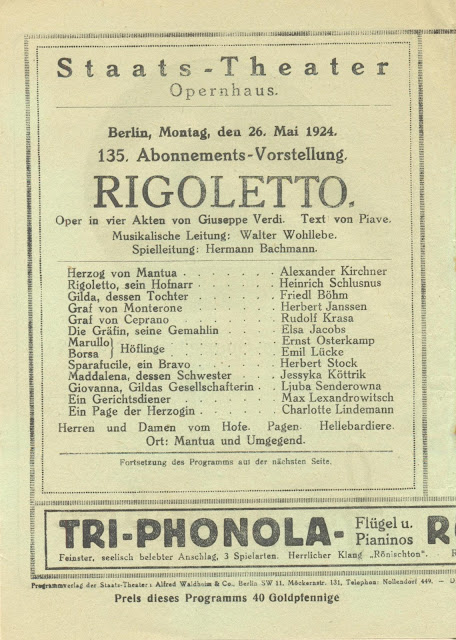.jpg)
.jpg)
.jpg)
.jpg)
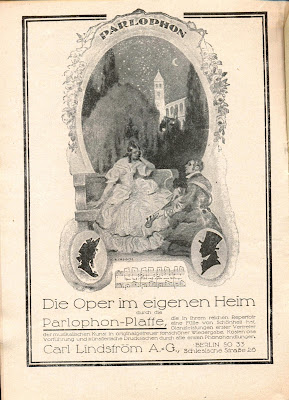.jpg)
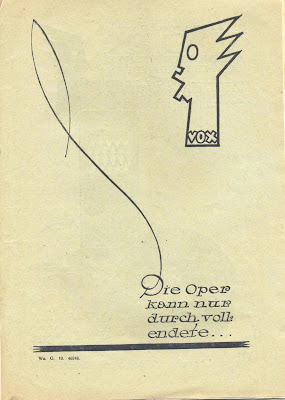.jpg)
.jpg)
.jpg)
.jpg)
.jpg)
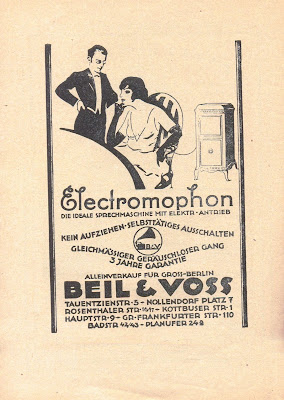.jpg)
.jpg)
.jpg)
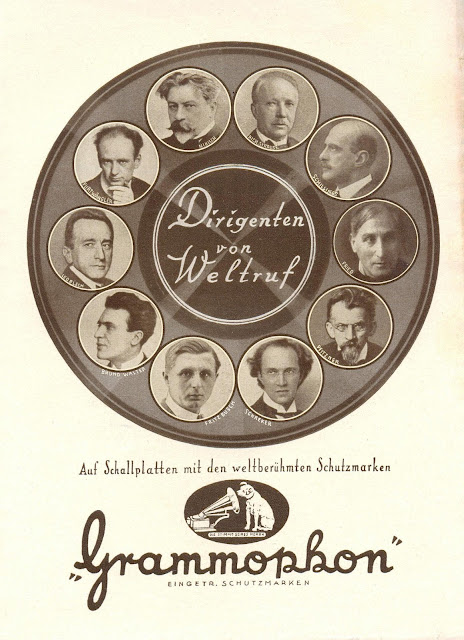.jpg)
.jpg)
.jpg)
.jpg)
.jpg)
.jpg)
.jpg)





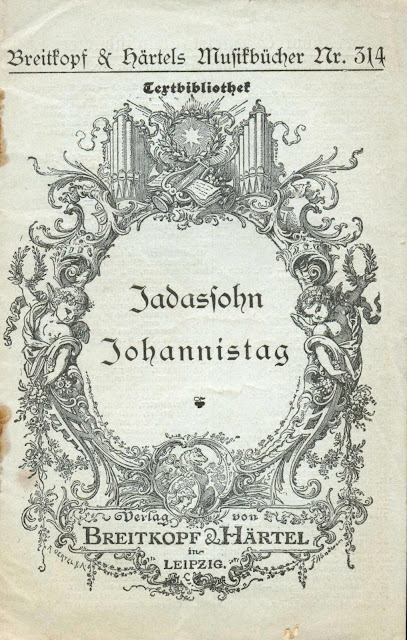.jpg)
.jpg)
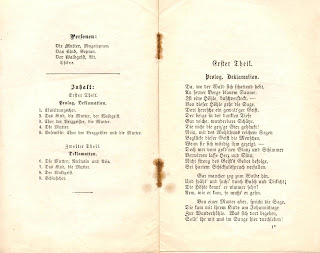.jpg)
.jpg)
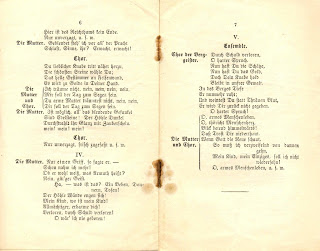.jpg)
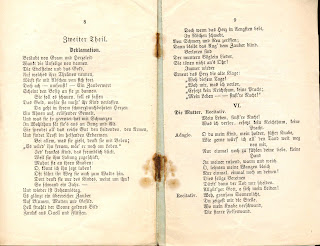.jpg)
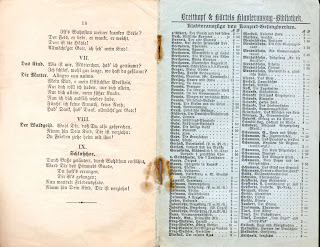.jpg)
.jpg)


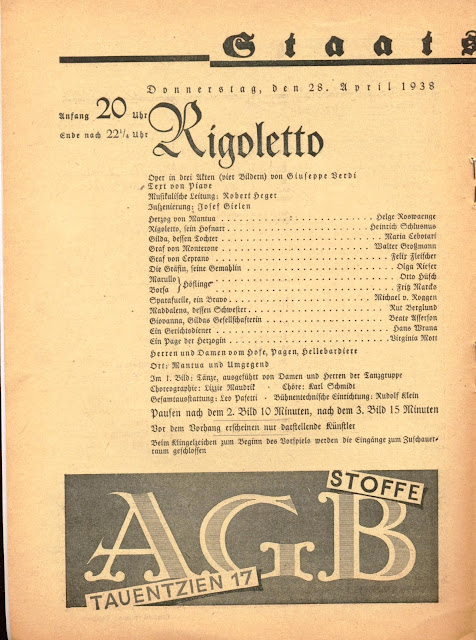



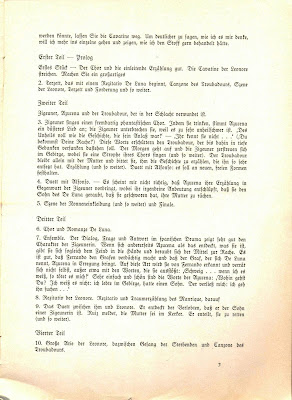

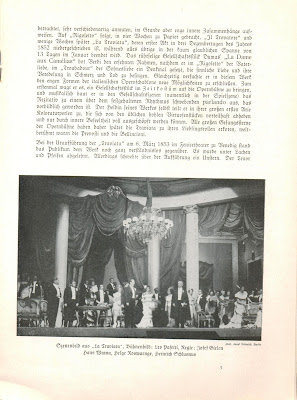


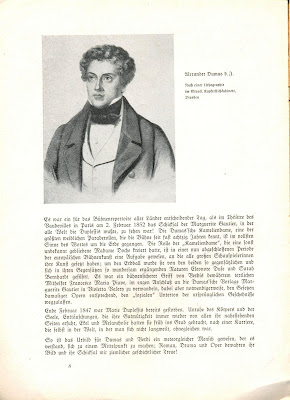











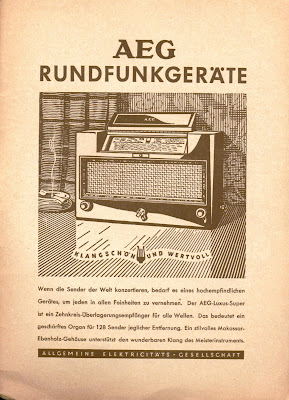
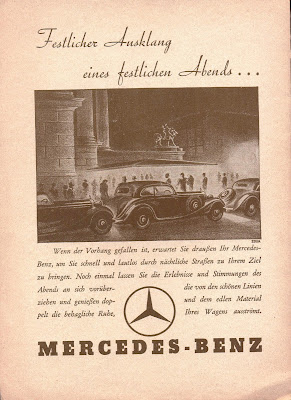

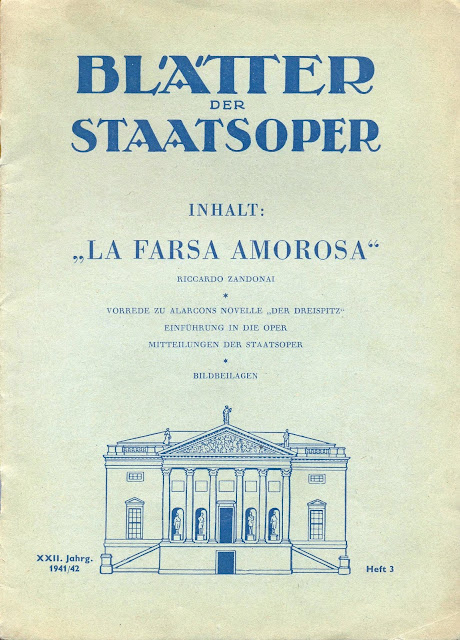



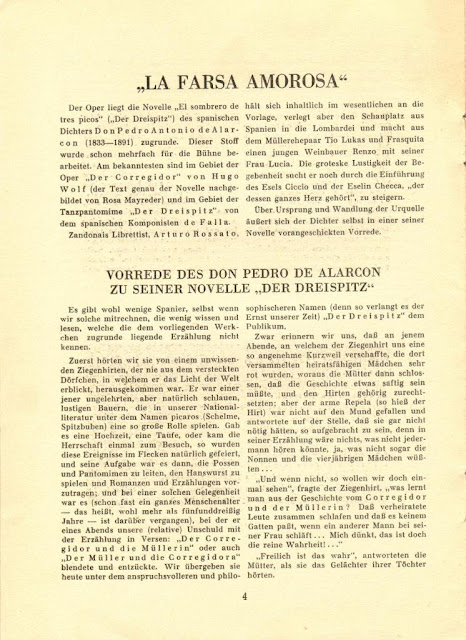
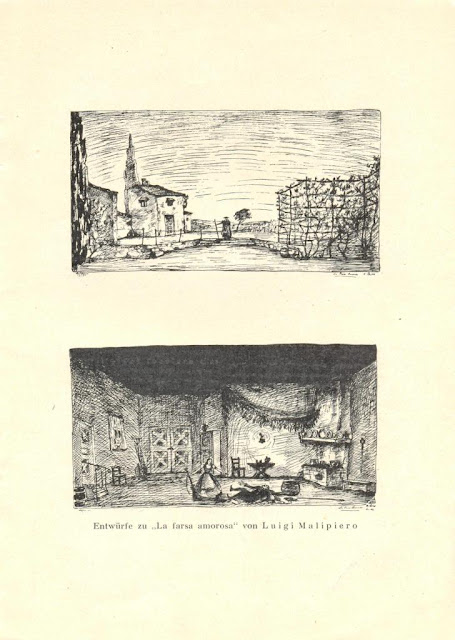































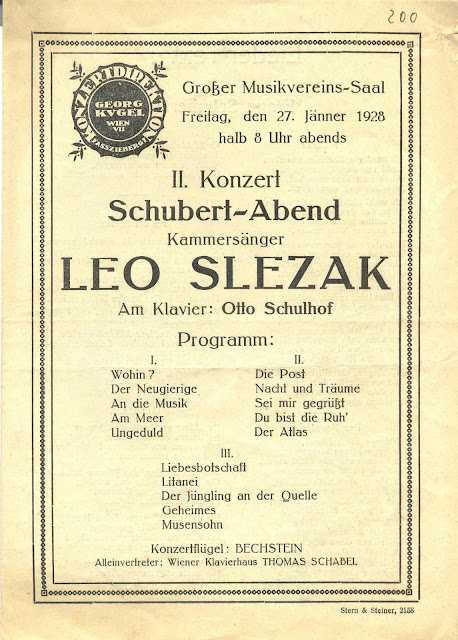.jpg)
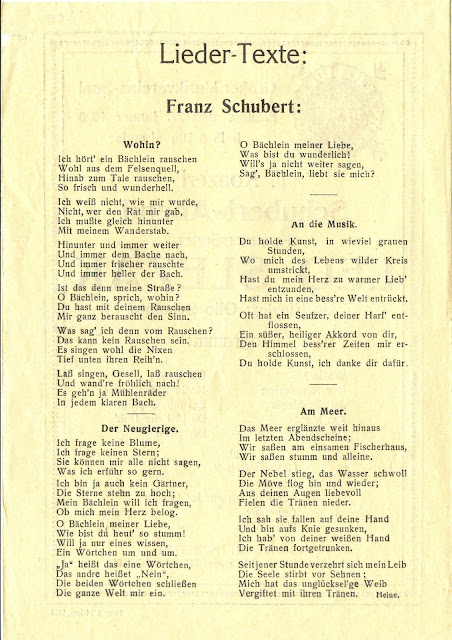.jpg)
.jpg)
.jpg)
.jpg)
.jpg)
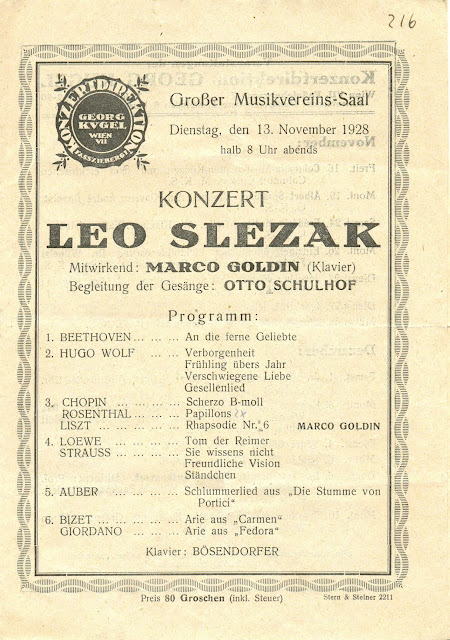.jpg)
.jpg)
.jpg)
.jpg)
.jpg)
.jpg)
.jpg)
.jpg)
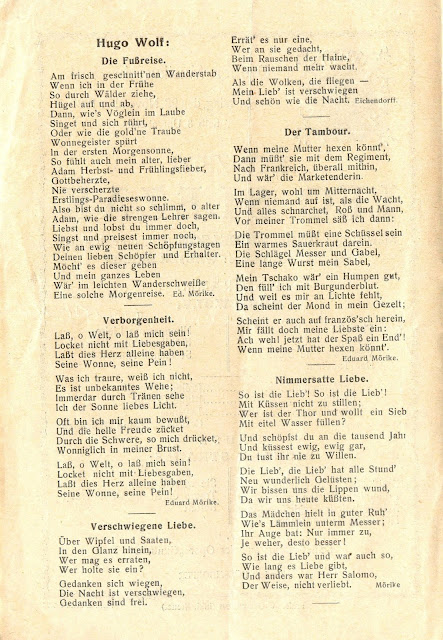.jpg)
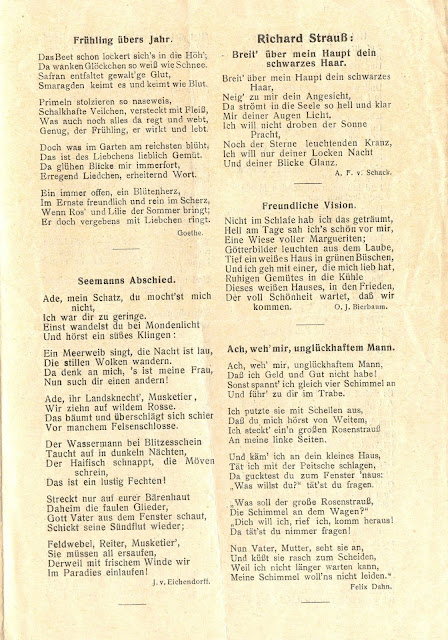.jpg)
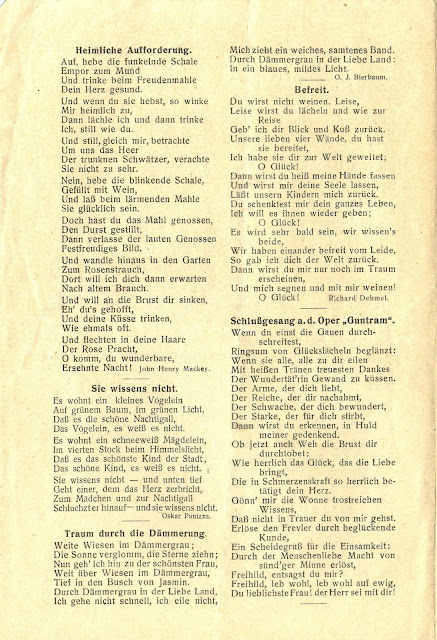.jpg)
.jpg)
.jpg)
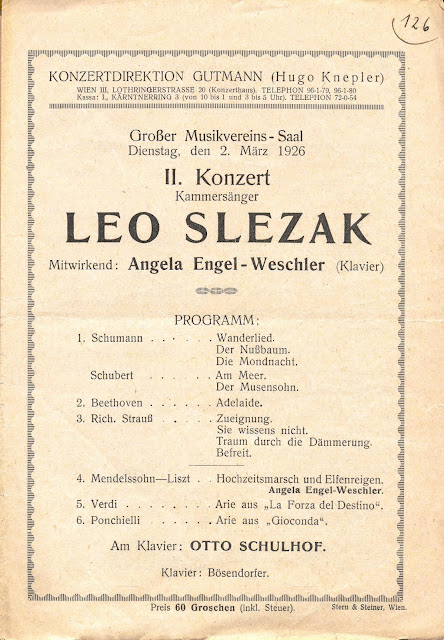
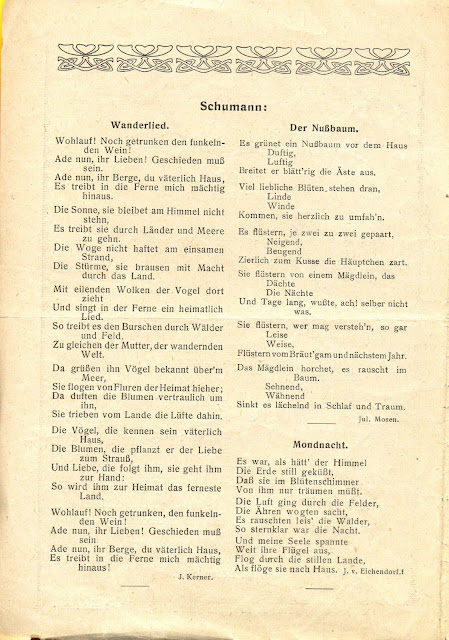.jpg)
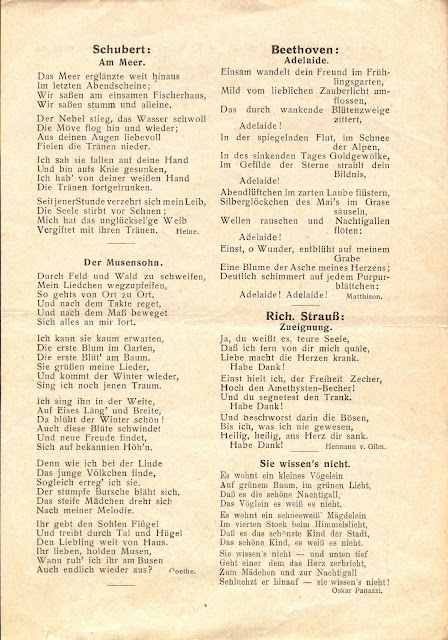.jpg)
.jpg)
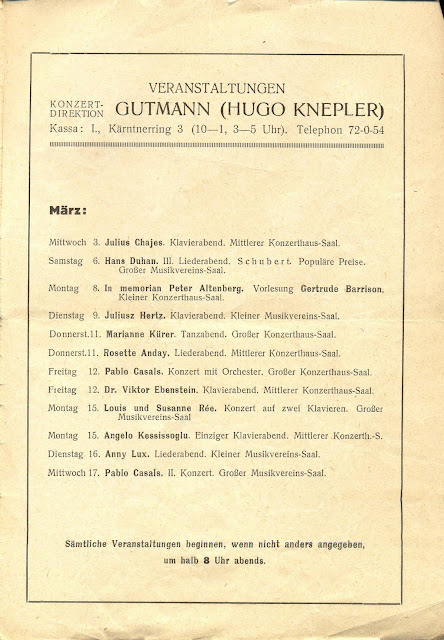.jpg)
.jpg)
.jpg)
.jpg)
.jpg)
.jpg)
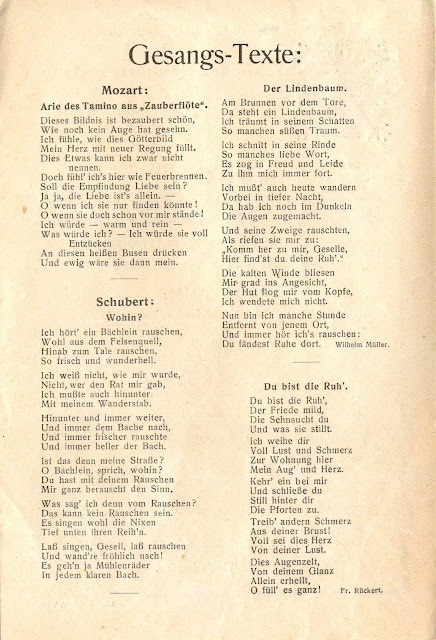.jpg)
.jpg)
.jpg)
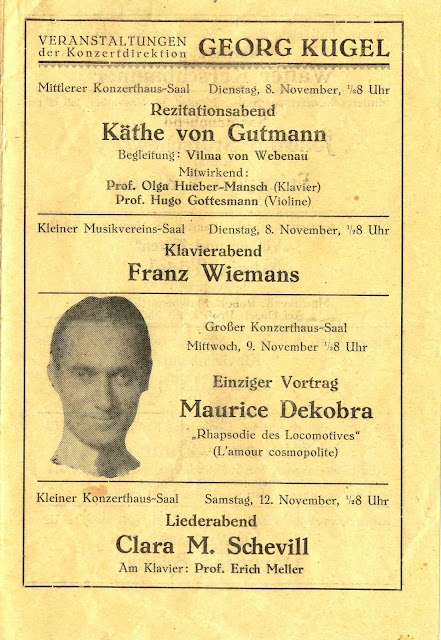.jpg)
.jpg)
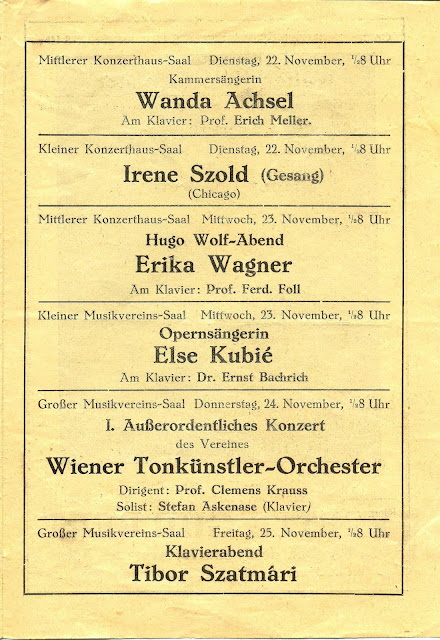.jpg)
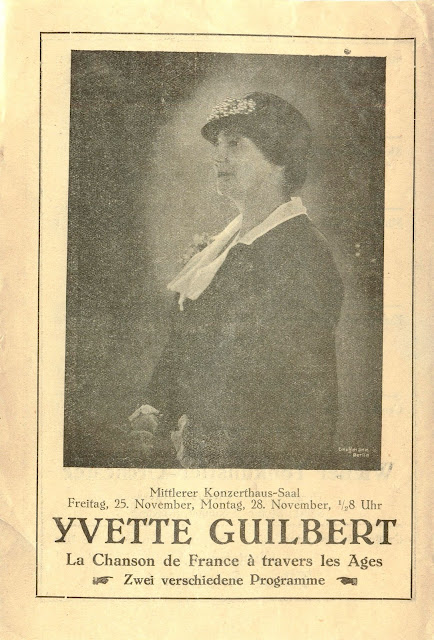.jpg)




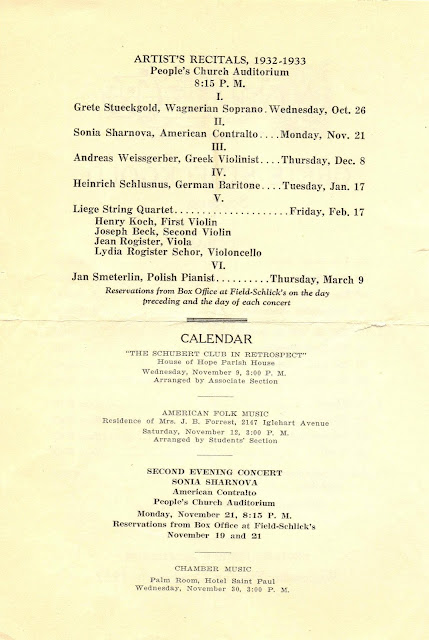




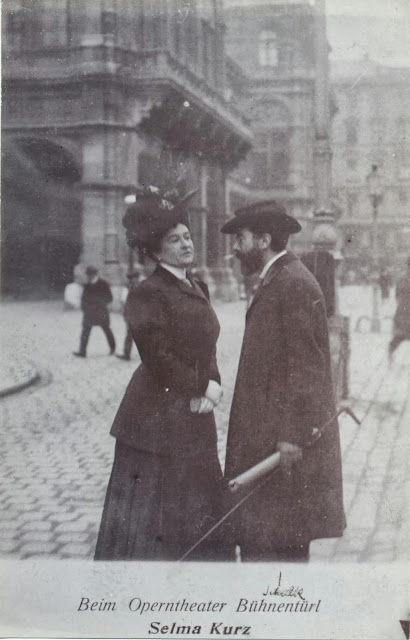


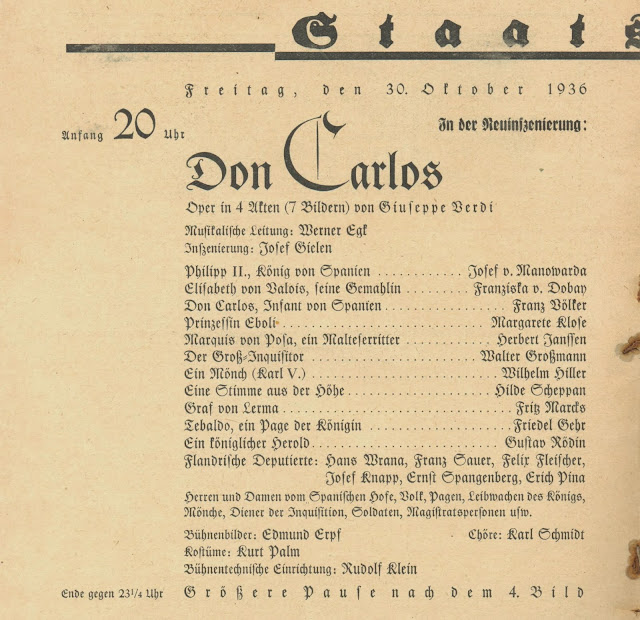
.jpg)
.jpg)
.jpg)
.jpg)
.jpg)
.jpg)
.jpg)
.jpg)

.jpg)
+bearb.jpg)
.jpg)
+bearb.jpg)
.jpg)
.jpg)
.jpg)
.jpg)
.jpg)




































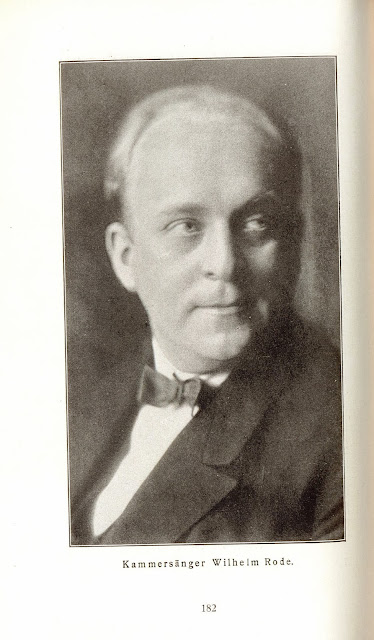

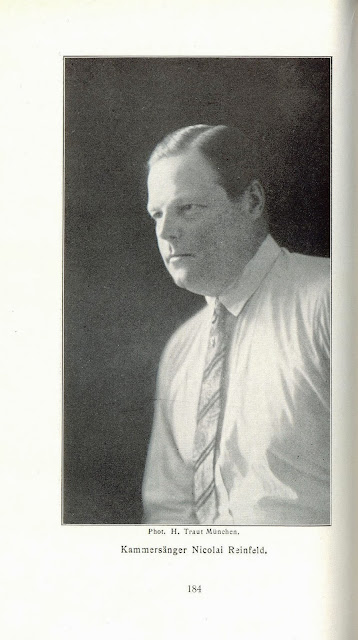

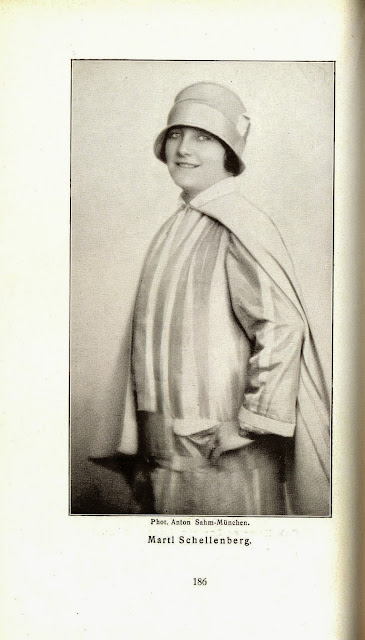




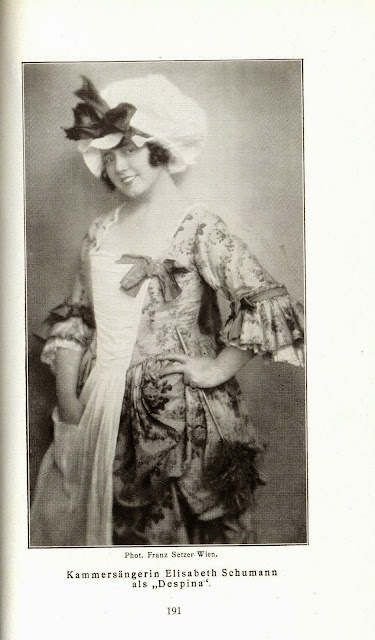


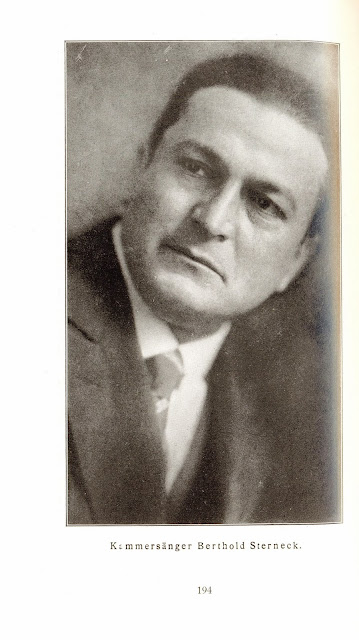


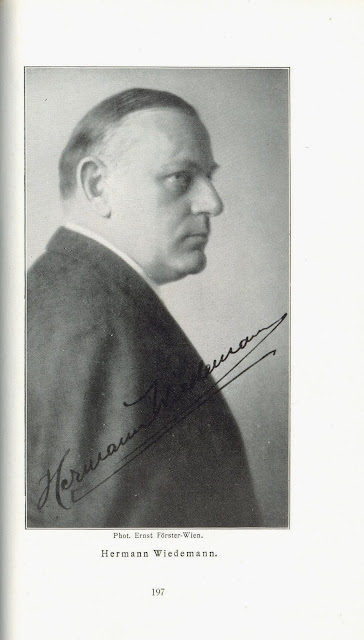






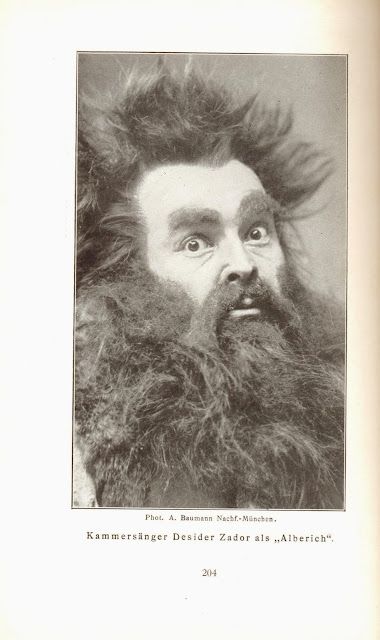





















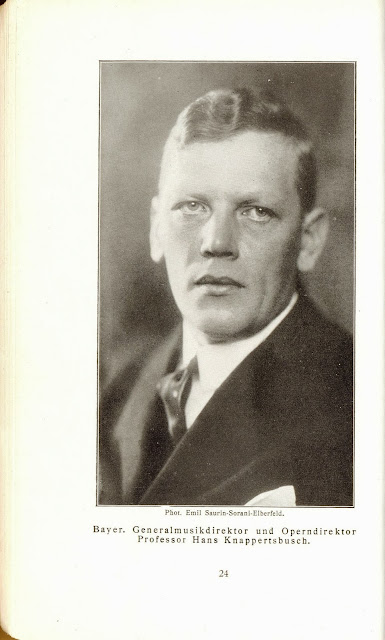




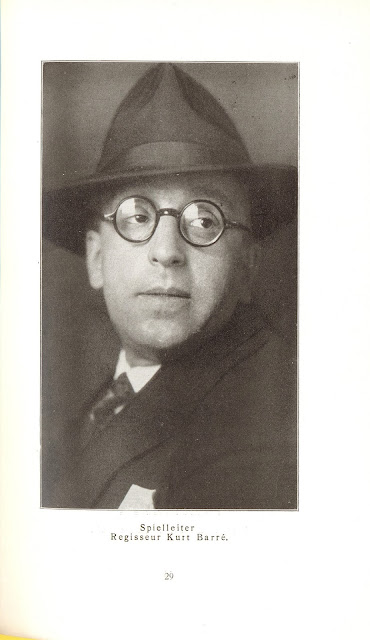





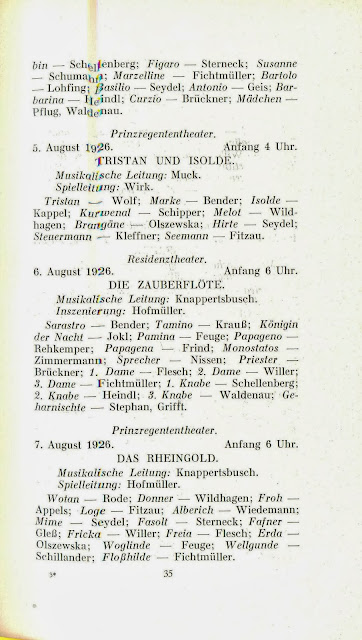























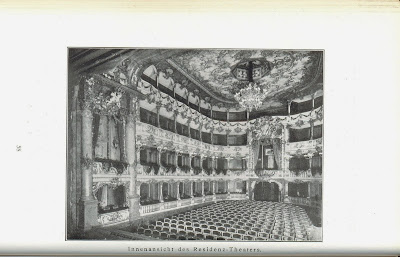
































































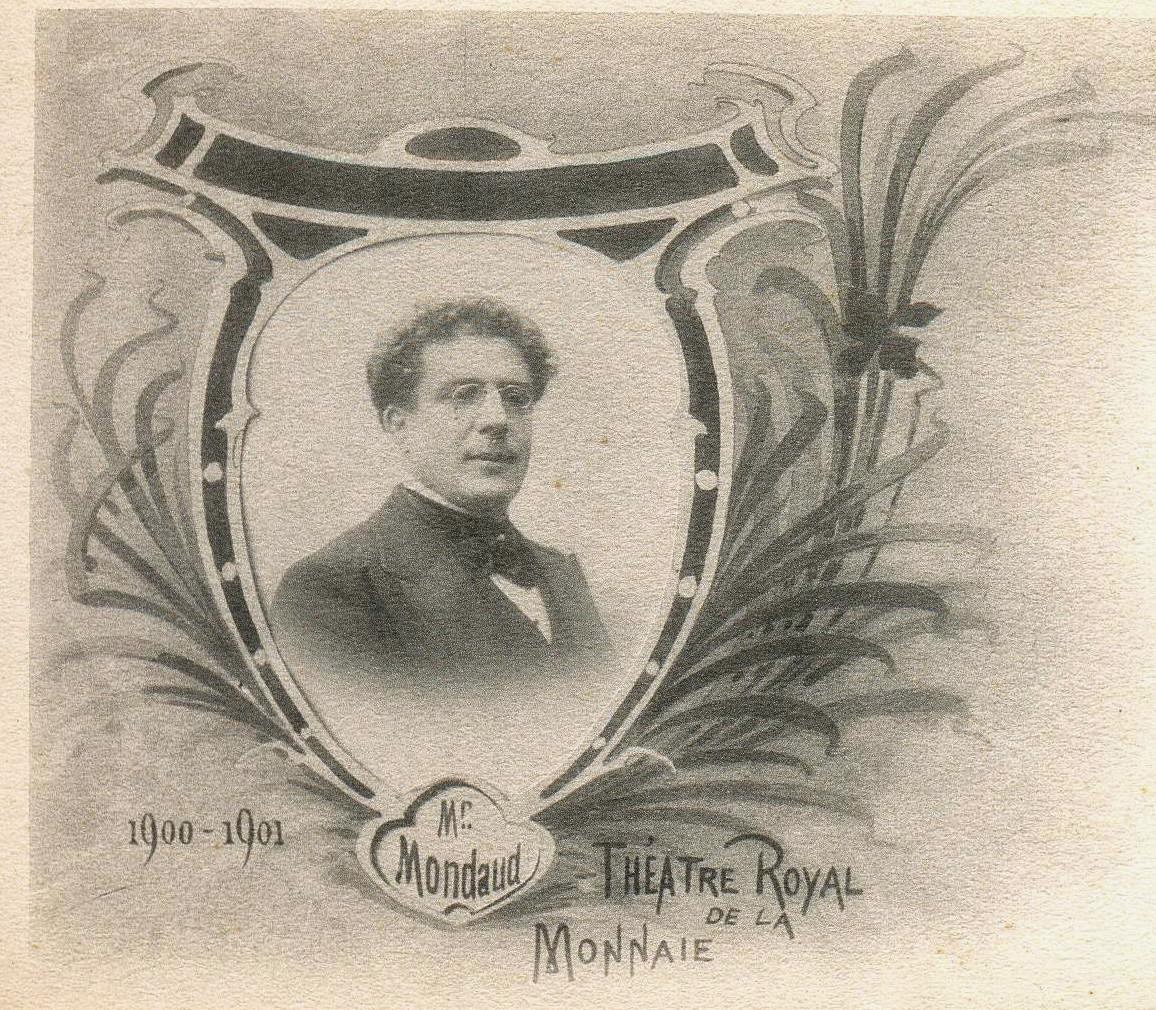



























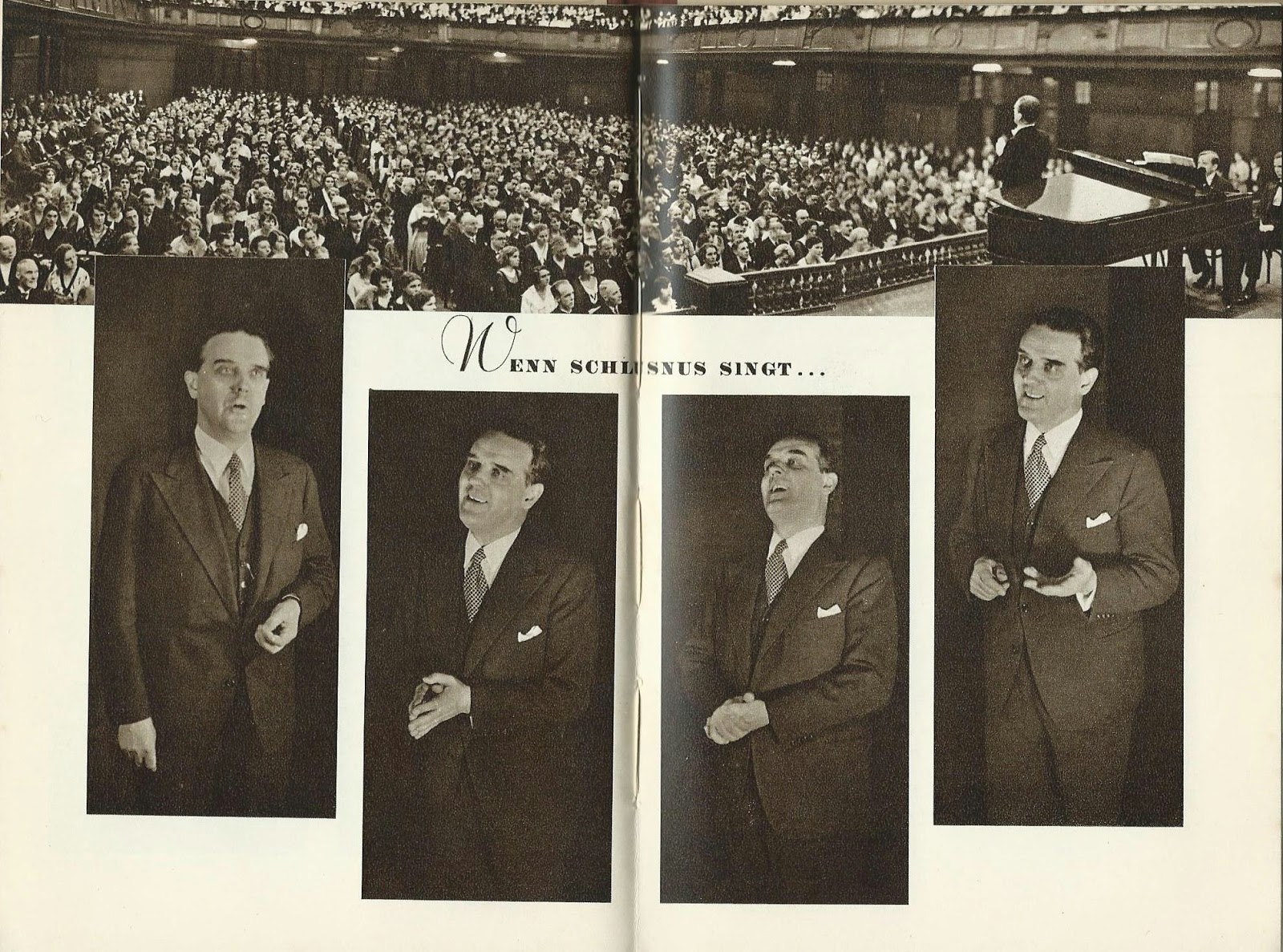
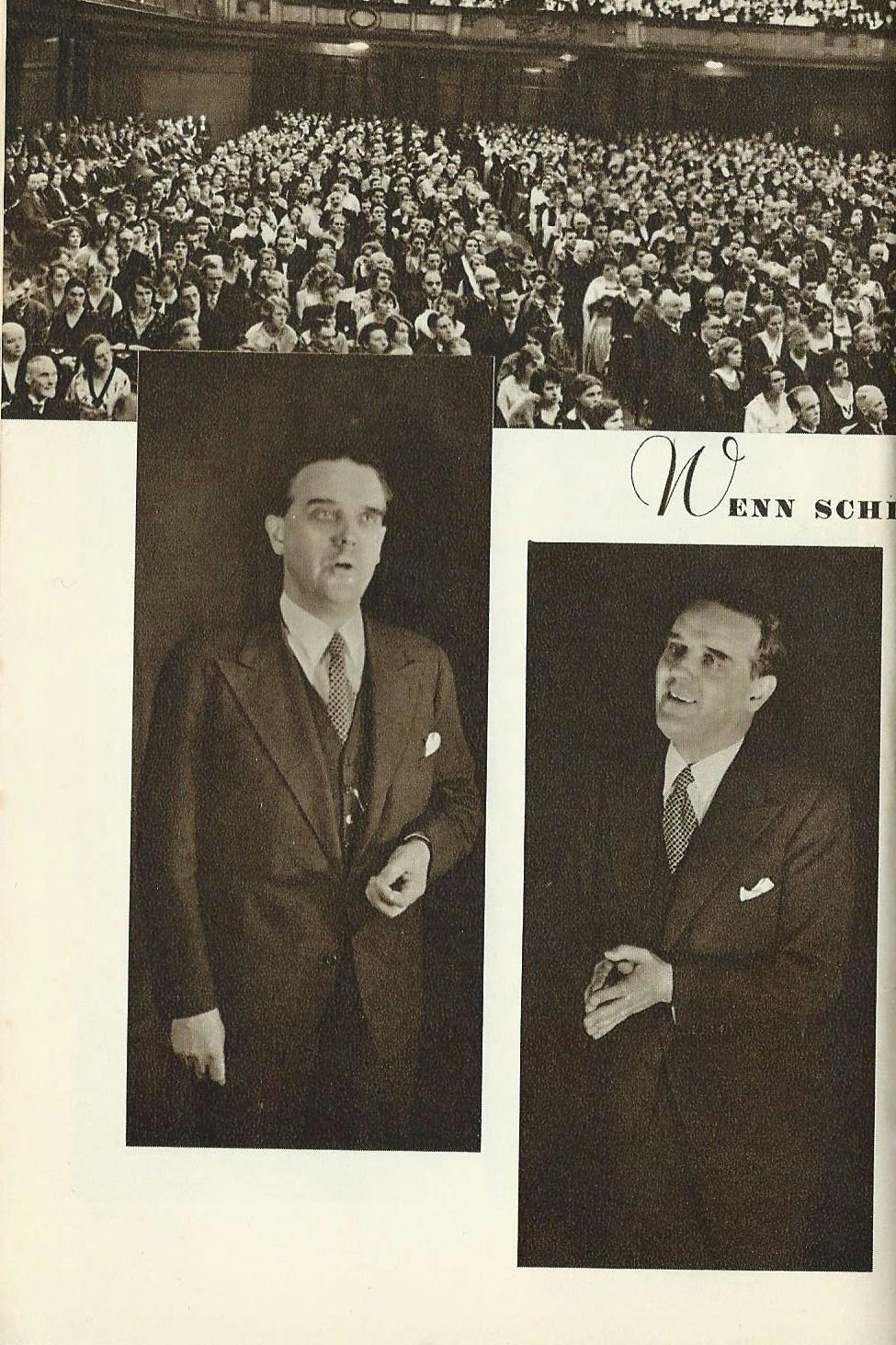
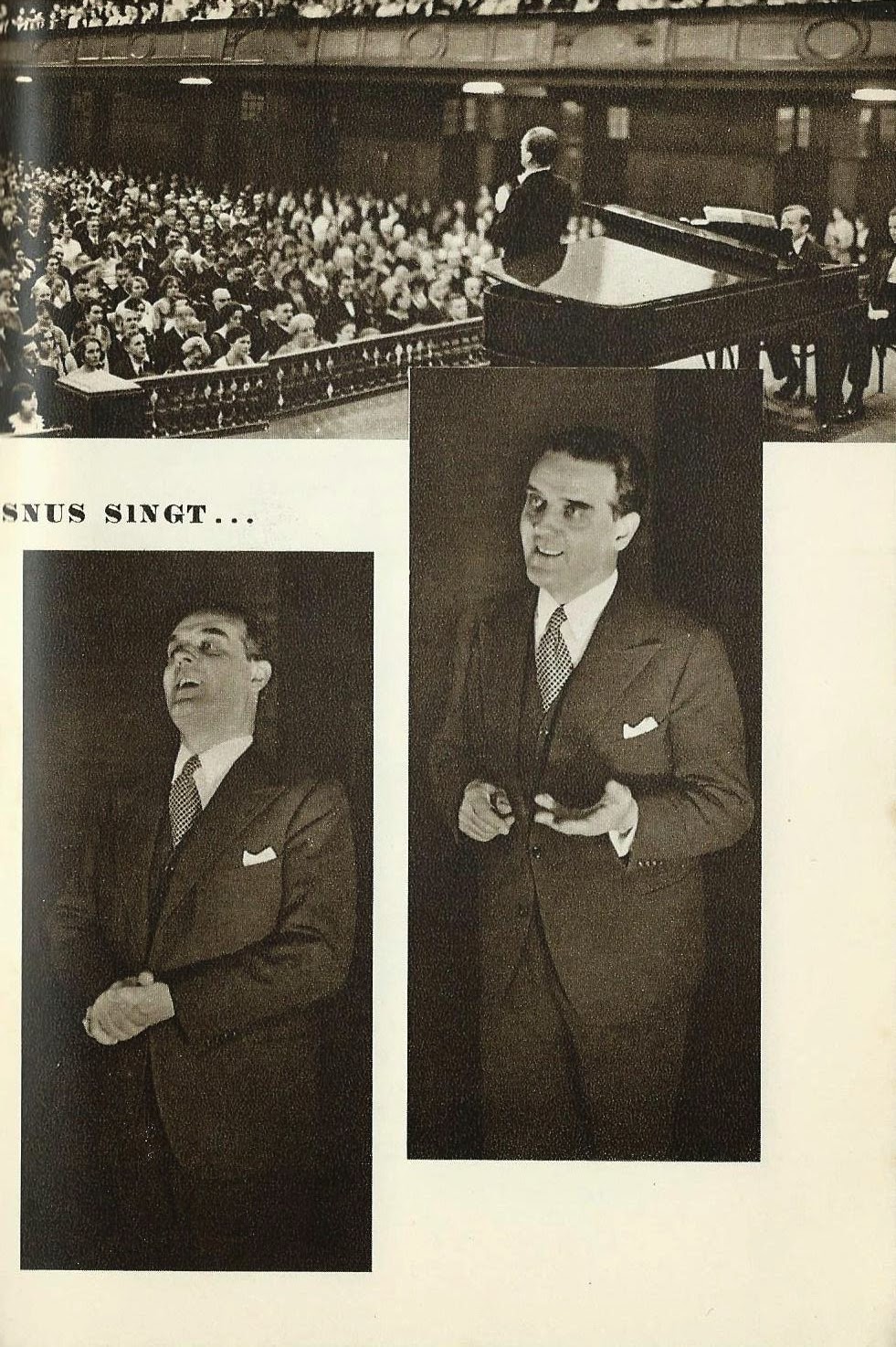




















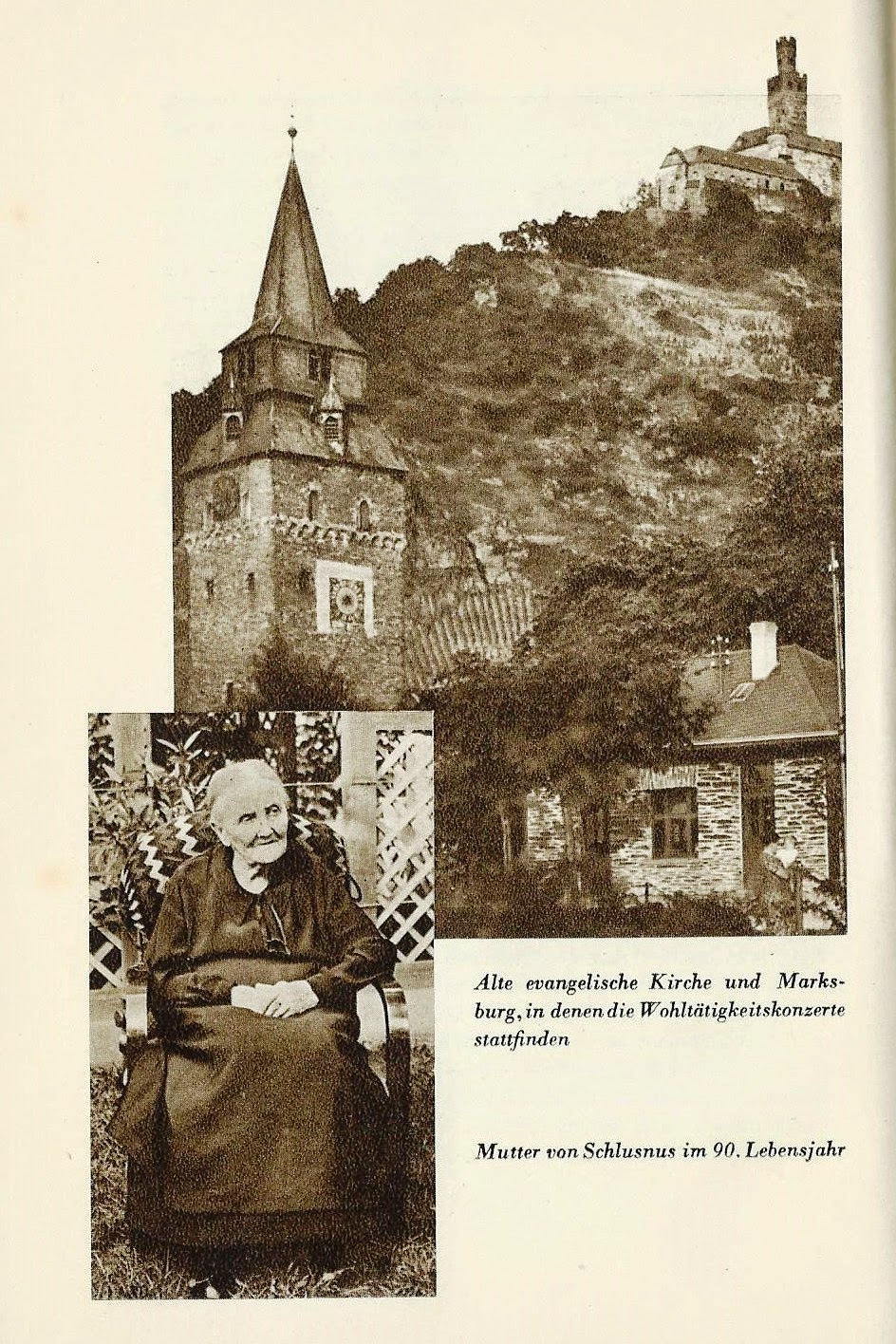



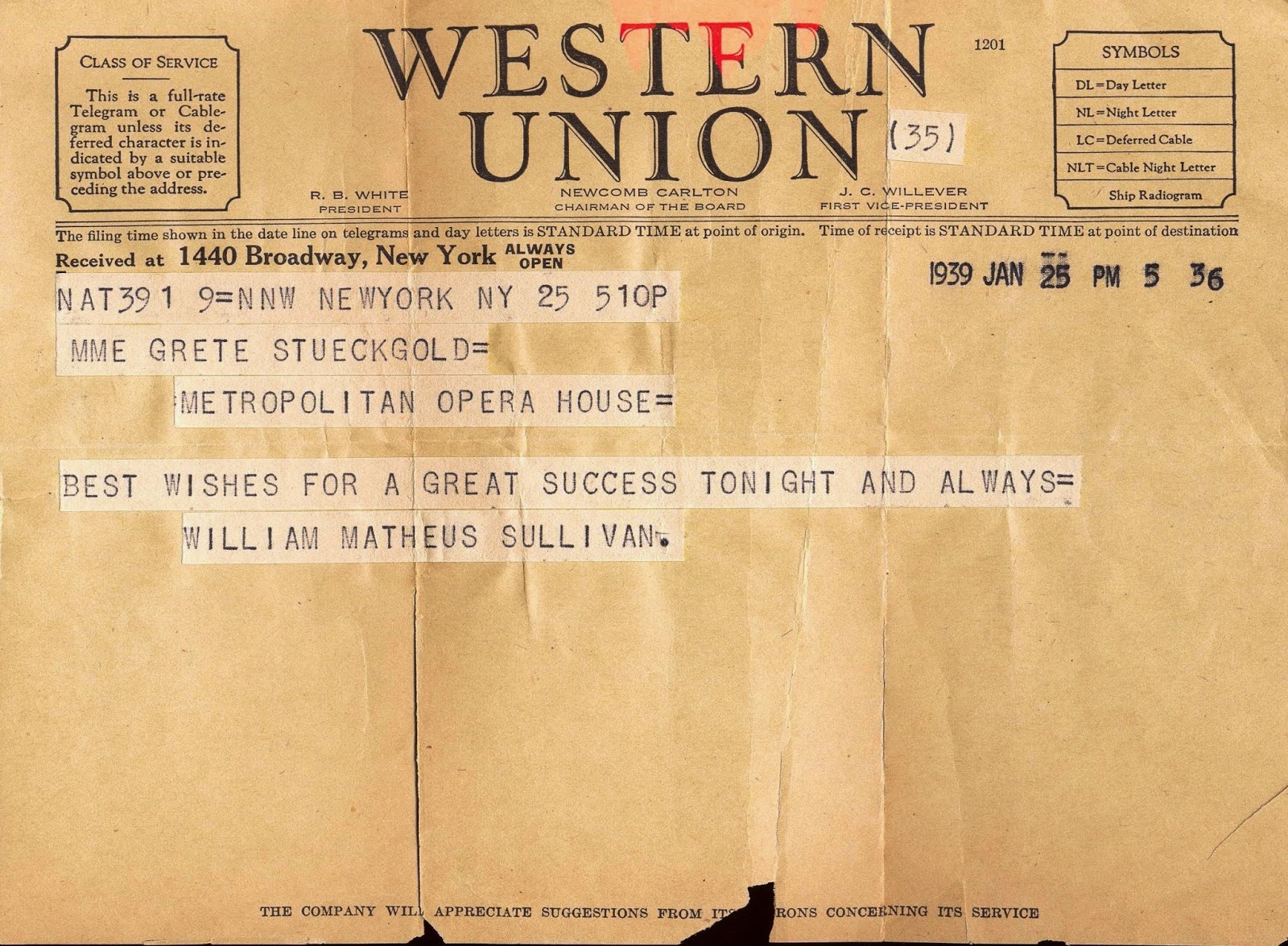.jpg)
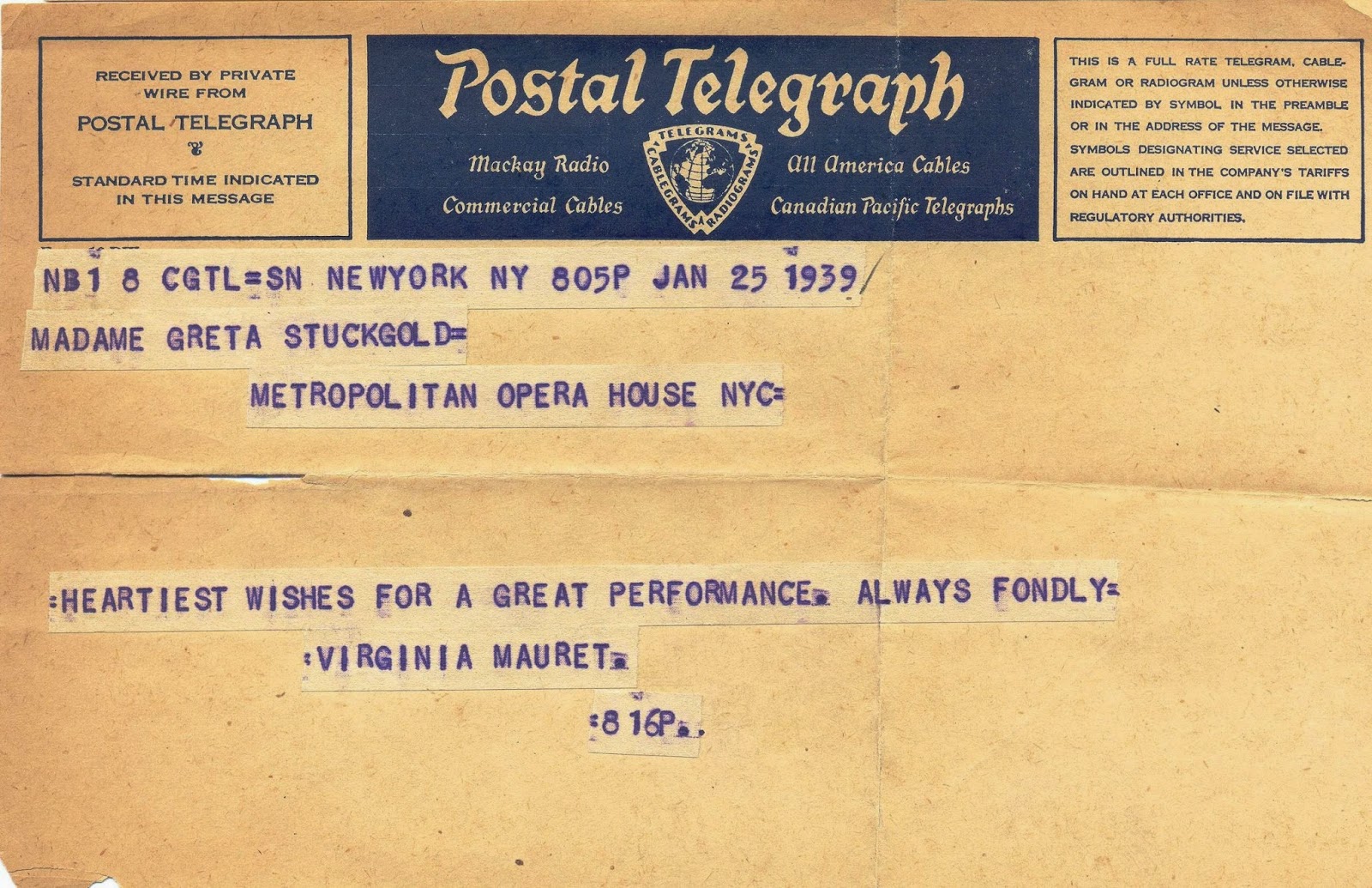.jpg)
.jpg)
.jpg)



.jpg)

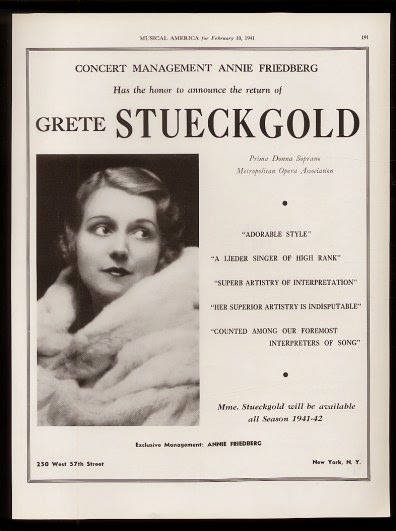




.jpg)
.jpg)
.jpg)
.jpg)